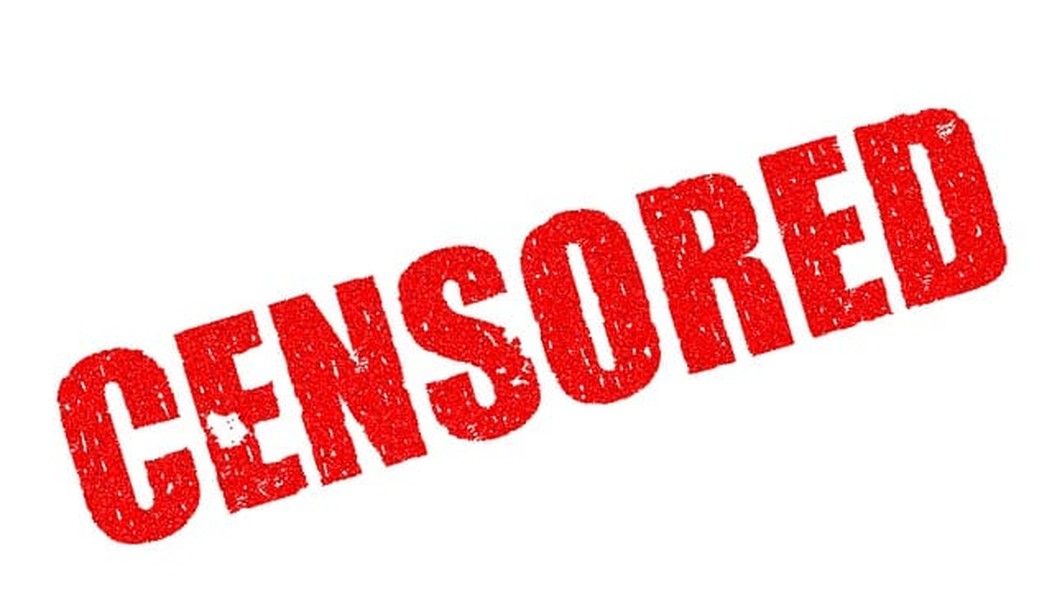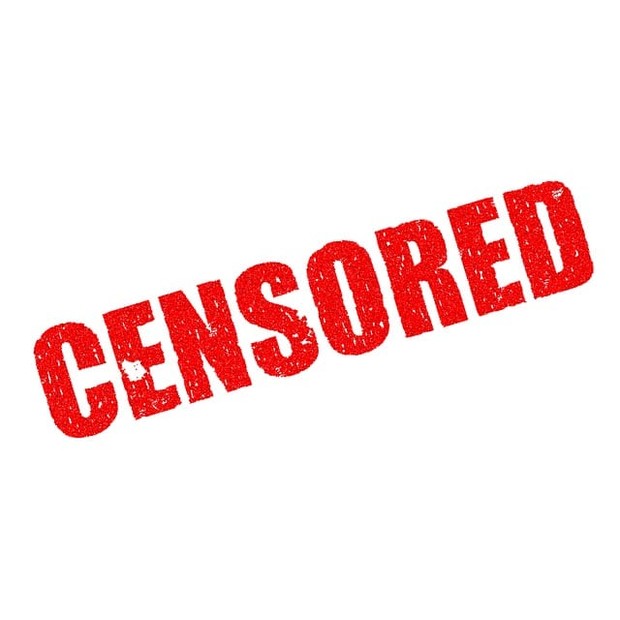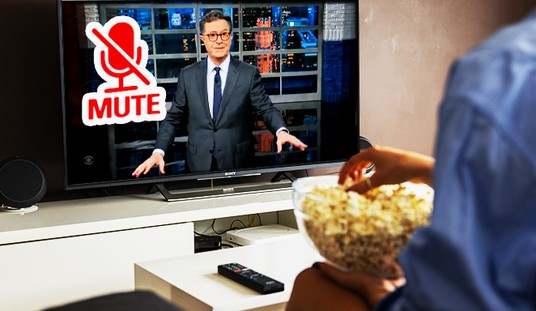Image by Pete Linforth from Pixabay
On this week’s episode of my Just Listen to Yourself podcast I took on a very risky topic – the N-word.
I’ve been thinking about doing it for a while, but the consequences delivered by today’s “cancel culture” always gave me pause. Would people understand what I was trying to say? Would I alienate listeners? Would I be putting a target on my back?
However, those questions are the very reasons I felt compelled to finally just commit my thoughts to the internet. This is America, and there is nothing that we should be “afraid” to say, even if it can be misconstrued by some.
I was moved to finally talk about this by a Dennis Prager clip that was going around. Prager was talking to a listener about racial slurs and expressed annoyance that the slur “kyke” is still acceptable to be heard out loud but ni***r can’t even be whispered without consequences. He’s not wrong about the comparison. What I just wrote is proof.
I can’t do the clip justice in a few sentences. Watch it here.
Dennis Prager complains "the Left has made it impossible to say the N-word any longer," adding "It is idiotic you cannot say the N-word. Idiotic" pic.twitter.com/Gd012Dw2ZD
— Jason Campbell (@JasonSCampbell) February 13, 2020
I’m not going to render a judgment on Prager’s thoughts here, mostly because I just don’t care. But it did bring the subject to the front of my mind. My own history with the n-word is long and uncomplicated. I grew up in rural Atlantic Canada as the only black person around in the 80s. I was first called a n****er at six years old and then I heard it every day until I was finally old enough to get out of there and make a life for myself somewhere else. I was called it so much I almost became numb to it for a while. I certainly preferred being called names rather than getting beat up, which is something that happened often as well.
Becoming numb to the word was a bad sign. It was a coping mechanism, but in doing so it created a disconnect that could have consequences far beyond my own feelings. As I’ve grown older we have obviously made the word nearly completely taboo in modern society…and for good reason. But I have to wonder – have we just recreated our own type of numbness? And is that helpful?
I’ve thought a lot about this issue. As someone who has an intimate familiarity with the horror of that word I must say that while I’m happy we no longer find it remotely acceptable to use in public, I am loathe to completely erase it from the English language and that is exactly what we are doing right now. Even in this article I – a black woman who has been a victim of the word repeatedly in her life – cannot write the word in its entirety. The consequences for my employers are too great to risk.
Ironically, by completely erasing the word from our lexicon I believe we’ve actually ended up bleeding it of its consequences instead of creating any kind of real justice surrounding it. You and I may understand its real ugliness, but we have now raised entire generations of children who have never been able to hear the word out loud. They’ve never seen up close the destruction, degradation and pure vileness of the word when it is used out loud. As a result, we see younger generations resurrecting the term as a form of rebellious humor or ironic greeting. Worse, we see them beginning to equate it with other insults.
Recently a white professor publicly demanded we stop using the term “Ok, Boomer” because he felt is was the same thing as using the n-word. The LGBT community regularly equates gay slurs with the N-word. Even my own 12-year-old daughter once scolded me for calling my red-headed friend a “ginger”, saying it was the same as calling someone the n-word. Of course, I find that patently ridiculous and if you disagree with me, let’s try a little experiment.
Say the word “ginger” out loud right now wherever you are. Now say n****r (the word, not the bleep!). I rest my case.
We have overcorrected so drastically on this issue that we now live in a society where it has lost its impact. That disturbs me. I certainly don’t desire people to run around calling each other that word whenever they feel like it. At the same time I don’t think we should be squashing it to the point that thoughtful and intelligent discussion can’t even include the use of the word, we can’t even quote classic literature that uses the word and we’re actually banning classic works and entertainment that have used the term either colloquially or insultingly. You’re not even allowed to say “I would never call someone a n****r! That’s disgusting!” out loud. These actions are not helpful and they contribute to the dulling of a pain that in my opinion should remain visible until such time as it can truly be healed (if there is such a time to be seen).
I don’t want my children to have classic literature struck from their cultural lexicon just because of this word. In fact, we’ve done so much to erase the word in modern discourse that classic works of art are basically the only (and safest) places they see and experience the true horror and legacy of the word. That legacy is vital to the black experience. If we are successful in erasing it’s vile nature, we will be erasing our own struggles and our own claims to wear the cultural mantle of “overcomers.”
I understand that in black culture it can be used as a colloquialism. Sometimes we even give certain white people a “hood pass” when it comes to the word. Whatever you do in private with your friends and your favorite rap songs are your business. Just know that your “hood pass” friends don’t speak for all black people so if you use the word outside their presence be prepared for the consequences.
I’m not asking everyone to start throwing it around. I am asking everyone to stop punishing its use to the extent that we can no longer even discuss its history or consequences publicly in any meaningful way. The n-word is ugly, vile and wrought with evil. But what happens to evil when we give it nicknames and dress it up to look like every other word we find insulting? It starts to seem not so bad.
I don’t want the n-word to be not so bad. I want people to be able to hear it (when needed) in its proper context and to be able to intelligently and emotionally process its absolute and devastating degradation. We must never forget its legacy, but I fear we’ve brought ourselves to the place where we aren’t even allowed to acknowledge its existence…and that is dangerous.
You can hear my thoughts at length on this week’s episode. Here is the iHeart link but JLTY is available almost anywhere you find your podcasts. I’d love to hear your thoughts and drop me a review and rating if you have the time.
WARNING: EXPLICIT LANGUAGE














Join the conversation as a VIP Member